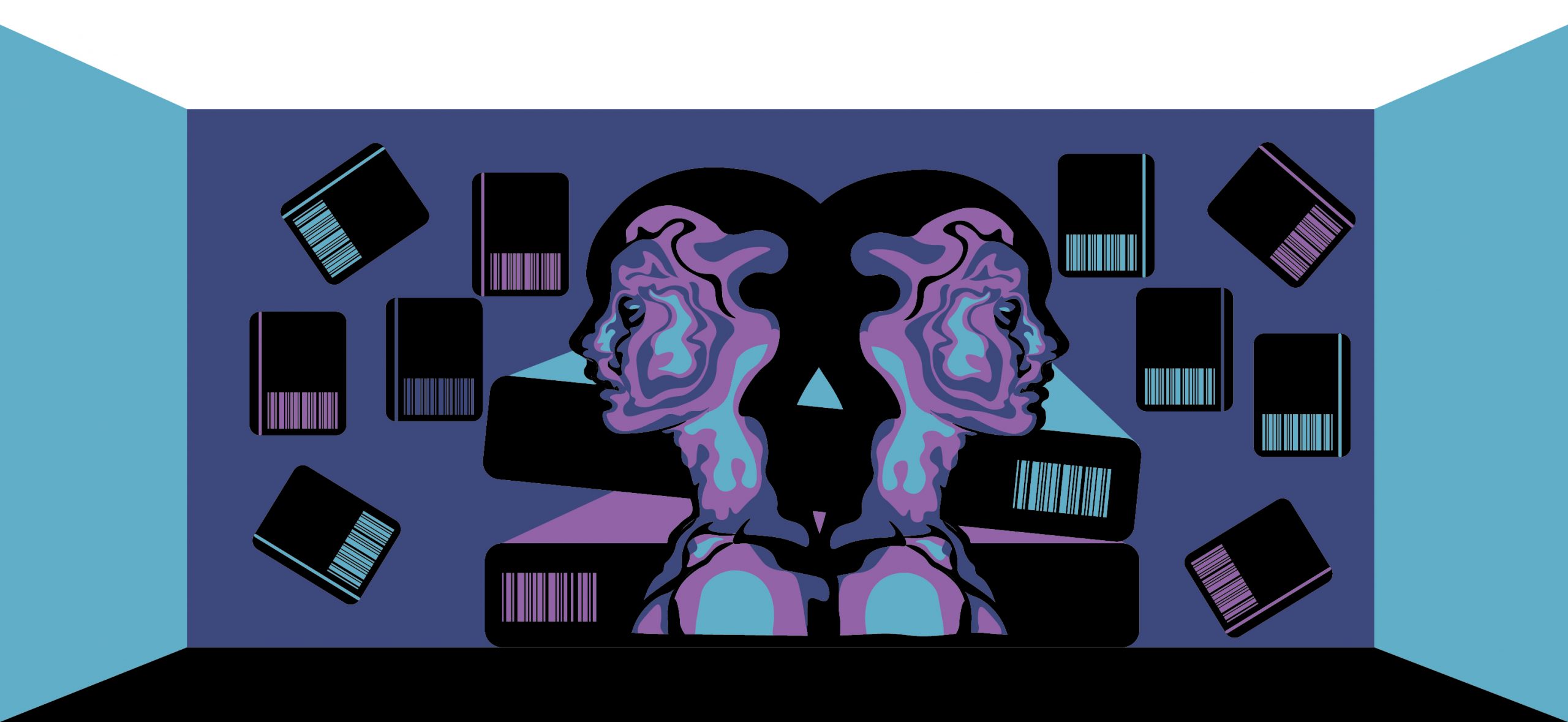We have left the 38th Istanbul Book Fair behind, where the number of publishers, claiming that they publish from fair to fair, increases every day. Almost all the participants agree that the fair has lost its charm and we are experiencing one of the worst years in terms of conditions at the fair, the number of participants and turnover. We will undoubtedly continue to discuss these problems in order to find solutions together. In this article, let’s look at another facet of the fair; the panels and the events that took place.
The Honorary Writer award for this year’s Istanbul Book Fair was given to Adnan Özyalçıner. The theme of the fair was “The 50’s generations of Local Literature”. During the interview with Barış Avşar for the Newspaper Duvar, Özyalçıner said that “his socialism is based on literature”. The writer also talked about the literary environment that he created with his peers, the magazine and the rebellion through literature, during the events that were held for nine days. Commemorating Sennur Sezer with longing…
The first day of the fair, which is the unique meeting point of publishers and stakeholders started with an important panel. IPA-International Publishers Union’s President Hugo Setzer and IPA General Secretary José Borghino discussed the developments, threats, issues experienced in recent years, and they spoke about trends and opportunities, under the panel titled Publishing Industry from a Global Perspective, moderated by Kenan Kocatürk. At the panel, the participants discussed issues regarding refugees, migrants and “the other” that has been rising all over the world and becoming more visible in contemporary literature. In fact, the rise in women’s literature and LGBTQ-centered writing has been highlighted during the conference. The question that comes up at all international fairs in recent years is “Who is the Margaret Atwood of your country?” and the guests invited the audience to reconsider this question. In the near future, we will be reading more dystopias, more “fusion literature”, and so the publishers need to review their lists accordingly.
In the evening of the same day, an important panel was held which could be considered as the continuation of the morning session: Where is Arabic Literature Going? The Egyptian literary critic Mamdouh Farrag al-Naby, Professor of Arabic Literature and translator Mehmet Hakkı Suçin, poet and writer Adnan Özer, examined the current state of contemporary Arabic literature, important trends, names and tendencies, especially in novels and poems. The panel took place under the moderation of the Editor in Chief of the Mimar Sinan University Publication Fahri Aral. The sociocultural structure, the concept of “new literature”, which is flourishing, although it is also often overlooked or even ignored, was discussed thoroughly. The event invited literary groups, who comfortably use the term “Indian American author”, to be comfortable with the term Arabic Turk as well, while discussing new stories and books in the Turkish literary scene. Shall we question the meaning and content of new literature in the upcoming days?
The second day’s event that made book publishers happy was called Making Independent Bookstores Sustainable: the Case of Germany. Susanne Lux, who has continued the family tradition with the independent bookstore called Nimmerland and the winner of many awards due to successful practices, and Cumhur Özdemir, the Founder and General Manager of Arkadaş Bookstore discussed the difficulties independent bookstores face in Europe, the various methods they use to deal with these challenges, and the positive impact legal regulations in Germany have on the sustainability of bookstores. Lux is an inspiring bookstore manager who impressed the audience with her presentation, giving plenty of advice for us all. A few notes from Lux’s extensive presentation: at her bookstore there is a playground area for children as well as a diaper changing area, this way the parents find the chance to spend more time at the bookstore, in addition there is corner where one can listen to music with headsets. The application called the bookcase is a treasure chest filled with children’s books which are sent to various schools so children get the chance to choose their own books, feeling like they’re in an adventure. On certain days, customers are allowed to stay at the bookstore in the evenings, thus children spend more time among books, learn to take responsibility and get to experience the bookstore culture at an early age. On World Book Day, children become booksellers for one day and embark on the sale of their favorite books. On the same day, they hide books in public places. Lux’s independent bookstore practice was inspiring.
Following this panel, Bekir Ağırdır and Aydın Erdem shared their findings regarding “the study of reading culture” within the scope of the research titled Actually We Read: Turkey’s Current Reading Culture.
It has been told that the full report will be published in the coming days and the preliminary data shows that reading habits aren’t as bad as people think they are.
The sessions held within the scope of the Istanbul Book Fair brought independent editors, illustrators, translators and professionals together.
Let us hope that the programme of the 39th Istanbul Book Fair will surpass this year and the reader will feel like they are invited to an interactive book festival rather than feeling like they are at a kermess-like set up.







